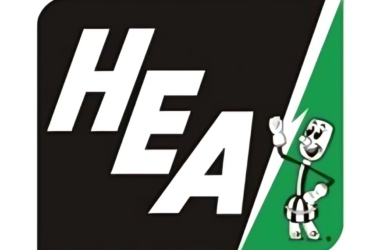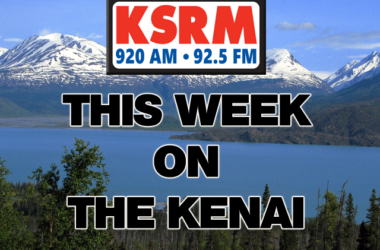ANCHORAGE, Alaska (AP) — The amount of donations to a fight over an Alaska oil tax ballot initiative has exceeded $17 million, with the vast majority contributed by big oil companies opposed to a tax increase.
OneAlaska, the opposition group to the proposed Fair Share act, reported raising $15.4 million as of Friday, The Anchorage Daily News reported.
Most of the opposition money has come from Alaska’s top oil producers, ConocoPhillips Co., ExxonMobil Corp. and Hilcorp Alaska LLC, the three companies that would face tax increases under the act.
ConocoPhillips and Hilcorp donated another $1.5 million to the group in recent days, while ExxonMobil added $1 million, a report filed with state campaign regulators said.
The group has raised more than the initiative’s supporters by a ratio of about 15 to 1.
Vote Yes for Alaska’s Fair Share received most of its $1.1 million in donations from oil and gas attorney and initiative chair Robin Brena, records showed.
The Alaska Chamber raised $2 million to oppose the Fair Share proposal, with all but $500 of the funds originating from ConocoPhillips and Hilcorp Alaska.
Voters will decide the ballot measure as part of the general election Nov. 3.
“I think that the Texas oil companies want to continue to pay Alaskans less than our fair share,” Brena said, noting several hundred Alaskans contributed to the effort to pass the new tax increase initiative.
Brena said his side has spent money on digital and radio ads and other forms of communication rather than more expensive television advertising.
The fundraising by both sides appears to have outpaced any previous ballot initiative, said Willis Lyford, president of Bright Strategy and Communications.
“I would expect it would be (a record),” said Lyford, who has participated in five ballot measure contests in Alaska and whose company is leading the marketing effort for the tax opposition.
The U.S. Senate race between Republican Sen. Dan Sullivan and Democratic-nominated independent Al Gross has reduced television ad space and increased ad costs, Lyford said.






